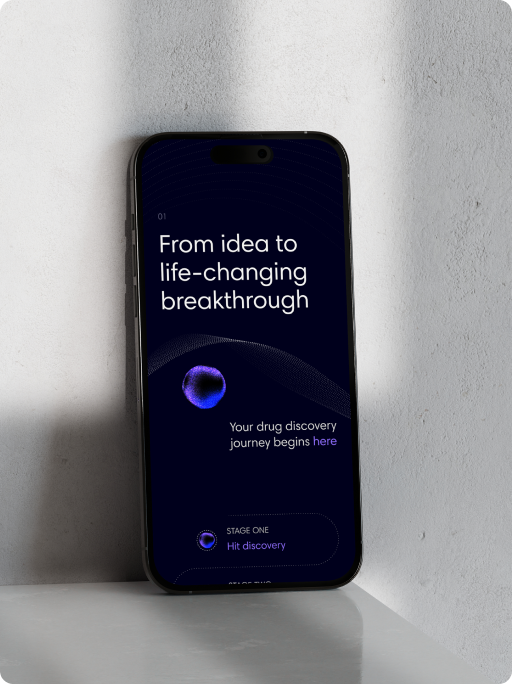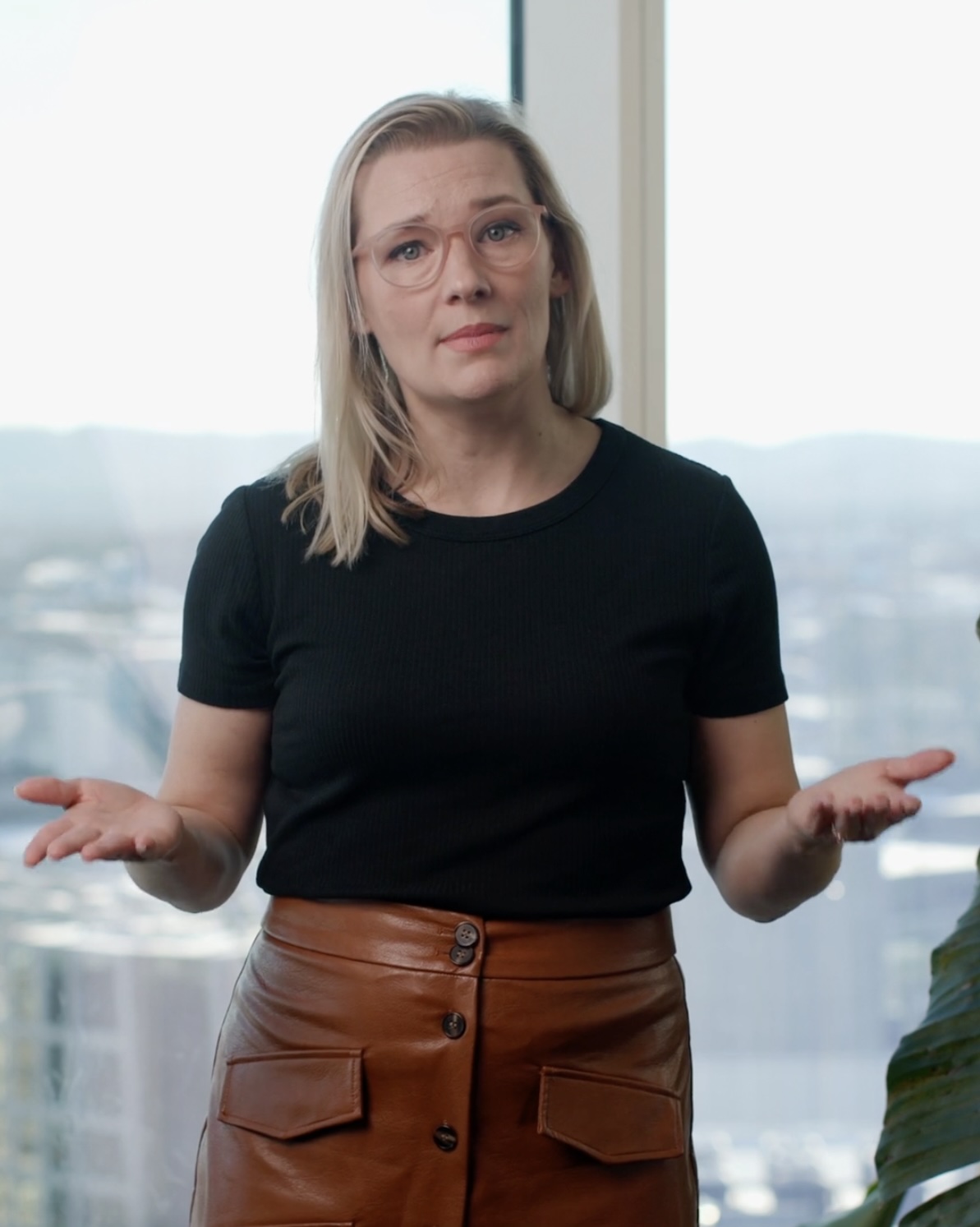It’s 11:41 pm and you’re on the couch in your pjs. Your team just sent you the necessary data for your deck presentation which happens to be tomorrow at 9am. Decks are always needed, always urgent. If you’re reading this, chances are you have a presentation looming, and you can’t help but feel the heat. We get it. Money’s at stake, and nailing your pitch is everything. So let’s break down the reasons why these deck projects always turn into late-night hustles, and find workable solutions.
Deck Presentation Story Struggle
The Problem:
Crafting a compelling narrative for your startup can be challenging. How do you convey the right message to this new Investor or Audience?
The Solution:
Get ahead of your company messaging. Start by creating an elevator pitch document – imagine you’re on a 20-floor elevator ride and someone asks, “What do you do?” Type your response. Use this as your foundation. As you find bits you like in emails or other decks, add them here. This doc becomes your source for sorting, organizing, and editing your story, before you open Powerpoint. Share this with your team and get engagement and revisions early.
Ever wonder what sections other companies are using in their decks? Here are some secrets from our previous clients. Every pitch deck we’ve ever been handed has included some variation of these 7 sections, usually in this order:
• Tell Company Story
• Explain Product/Service
• Show Market Share
• Make The Ask
• Reveal Capable Team
• Make a Promise
• Say Thank You
Wizardly offers a free solution to crafting compelling copy in your deck presentations in our Deck Copy Quickstart Guide. It breaks the sections above into deeper questions and suggests how to incorporate them into your slides, making your deck content practically write itself.
The Data Dilemma
The Problem:
Waiting for the perfect product or consumer data can be nerve-wracking and might keep you waiting.
The Solution:
Instead, why not present what you have? Showcase your preliminary findings, even when your studies aren’t quite complete. You get to be in charge of how you present your data, so spin it the right way. You can also highlight your resourcefulness and the team who can get you there. Don’t forget, people love charts and graphs. Consider breaking small bits of your data down into infographics.
Master Your Template
The Problem:
Your master slides don’t work for you or your new data. You end up wasting hours rebuilding new slides, each time.
The Solution:
Maybe the solution lies in using a bank of front facing slides, rather than master slides. Maybe designers (like the ones at Wizardly) can give you a mountain of master slide options, so that you never run into design constraints. Either way, you need to have a good master deck to work with before you begin your deck presentation. It needs to be on-brand, have a functional design system and be equipped for any future deck-building scenario.
Consider also being meticulous if your file organization. Have a locked deck template that no one is allowed to use, only copy. Then categorize new decks in a shared folder named the same way each time. Here’s the file structure we use for decks at Wizardly: “Client_Name of Talk or Investor_Date_Initials of Creator”.
New Investor, New Deck
The Problem:
Investors ask for different pieces of the puzzle, and you re-write core company information every time a new investor walks in the door.
The Solution:
Sometimes, this problem can be solved by our previous solutions – good company messaging and organized files. So let’s take it one step further. I propose the theory that decks should evolve. As your product hits the market, you’ll gain more data, and you’ll want to show it. Focus on streamlining the process of translating consumer data into effective copy and design. Build a pipeline that efficiently transforms consumer insights into presentation-ready material, reducing the need for extensive rewrites and design revisions.
Remember, decks may always feel like they’re “on fire,” but with some preparation and the right tools, you can stay ahead of the flames. Wizardly is here to help you master your deck presentation game. Here are some of the pain points we can help you remove from these late night projects:



